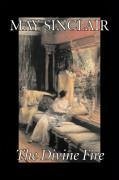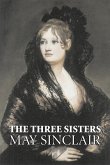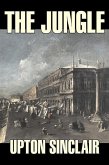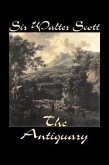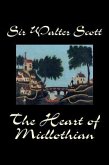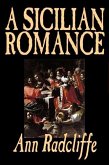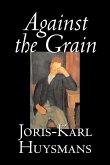Did Horace "dare" take a risk on that poet Rickman? The poet dropped his aitches, for one thing. And there was the matter of that actress he doted on -- low-class! Yet cousin Lucia kept asking about him . . . and Horace did think maybe, just maybe, Rickman was a genius. But could Horace introduce Rickman to his club? He yearned to -- and yet, as he told Lucia, "The burnt critic dreads the divine fire!" In this witty 1904 novel of literary and social manners and foibles, May Sinclair demonstrates all the wit, perception and style that made her one of the most respected -- and most read -- novelists of her time.

